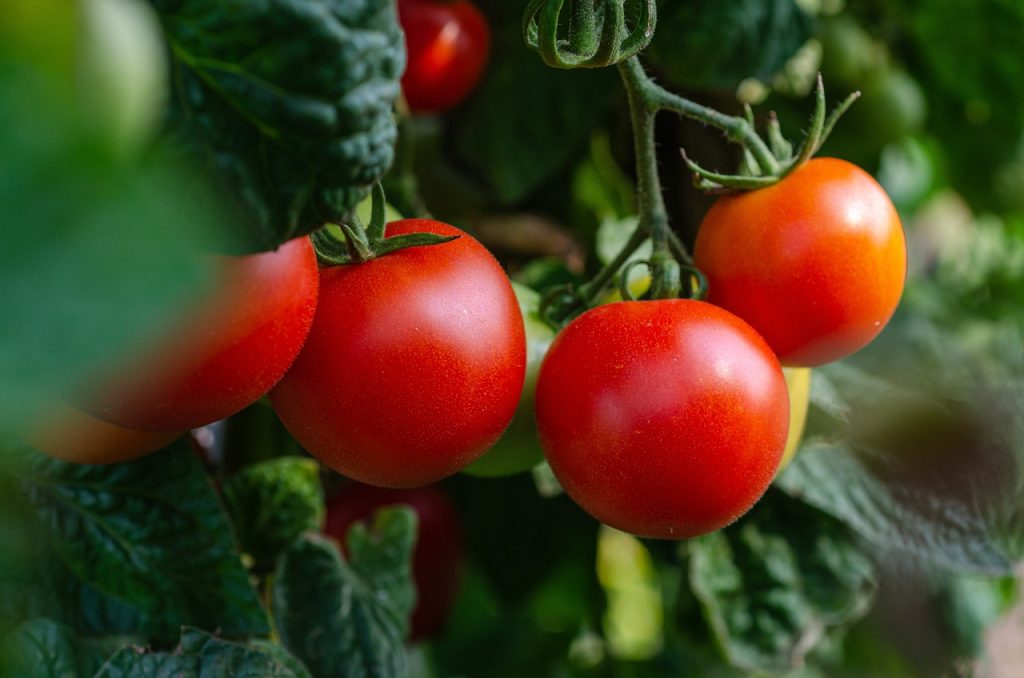
The future of agriculture, particularly in Ontario, hinges on advancements in commercial greenhouse automation. Large-scale greenhouse operations face unique challenges. They must manage vast internal environments with precision.
Uniform conditions across an entire facility are often inefficient. Plants have diverse needs. Data-driven climate zoning offers a powerful solution. This approach divides a greenhouse into smaller, controllable zones. Each zone gets specific environmental settings.
The Precision of Microclimate Zoning
Traditional greenhouse control systems treat the entire space as one uniform climate. This leads to wasted resources. Different crops or even different growth stages of the same crop demand varying conditions.
Consider a tomato plant. It needs different temperature and humidity levels during its seedling phase compared to its fruiting stage. Commercial greenhouse automation systems, like those from Climate Control Systems Inc., enable this granular control. Sensors gather vast amounts of data.
These sensors monitor conditions such as air temperature, humidity, light intensity, and CO2 levels. They also track substrate moisture and root zone temperature. This continuous data stream feeds into intelligent control software.
This software analyzes the data. It identifies deviations from optimal conditions within each zone. For instance, a particular area might experience higher solar radiation. The system detects this. It can then automatically adjust shading or misting in that specific area.
This prevents heat stress on plants. It ensures each plant receives its ideal microclimate. This level of responsiveness is crucial for maximizing plant health and yield.
Resource Optimization and Environmental Stewardship
Microclimate zoning significantly impacts resource efficiency. In Ontario, water conservation is a growing concern. The Fertigation Manager™ system exemplifies this. It applies water and nutrients with pinpoint accuracy. This reduces waste. Instead of uniformly irrigating the entire greenhouse, the system delivers precise amounts to specific zones.
This means less water runoff. It also means less fertilizer is lost. The Ozone Pro water treatment system further enhances this. It sterilizes and recycles leachate water. This allows growers to reuse water and expensive nutrients, further reducing consumption. This not only cuts costs but also aligns with Canada’s commitment to environmental sustainability.
Energy consumption is another major operational expense for large greenhouses. Climate Control Systems Inc.’s Climate Manager™ helps mitigate this. By independently controlling vents, lighting, and heating within each zone, energy use is optimized. If one zone is warmer than another due to solar gain, the system can open vents in that specific area without affecting cooler zones.
This avoids unnecessary heating in other parts of the greenhouse. Such intelligent energy management is vital for profitability and for reducing the carbon footprint of food production in Toronto and across Canada.
Enhanced Crop Quality and Yield
Precision environmental control leads directly to improved crop quality and higher yields. When plants receive the exact conditions they need, their growth is optimized. They become healthier and more resilient. Opto 22’s Groov© Epic controller, integrated with the Fertigation Manager™, provides real-time insights into plant conditions.
Growers can access detailed data on EC, pH, water flow, and substrate conditions. This allows proactive adjustments. For example, if substrate moisture levels drop below a set threshold in a specific zone, a signal is sent and the system automatically triggers irrigation for that zone.
This responsiveness prevents plant stress. It ensures consistent, high-quality produce. For the diverse agricultural landscape in Ontario, from delicate flowers to robust vegetables, this level of control is invaluable
The Canadian Advantage
Climate Control Systems Inc. has been a leader in greenhouse automation since 1985. Our Canadian roots mean we understand the unique challenges and opportunities in this region. Our systems are designed to withstand the varying Canadian climate. They help growers thrive.
The acquisition by Nebula Group, based in Waterloo, Ontario, further strengthens our commitment to localized, sustainable food production. We are proud to contribute to Canada’s food security by equipping growers with the most advanced automation technology.
Our systems are proven in diverse operations globally, from small family farms to expansive commercial facilities.
Ready to revolutionize your greenhouse operations and achieve unparalleled efficiency? Visit Climate Control Systems Inc. to learn more about our data-driven microclimate zoning solutions.
Transform your yield, optimize resources, and secure a sustainable future for your crops.
